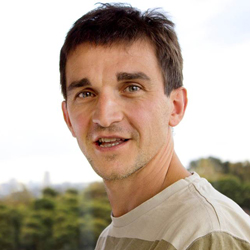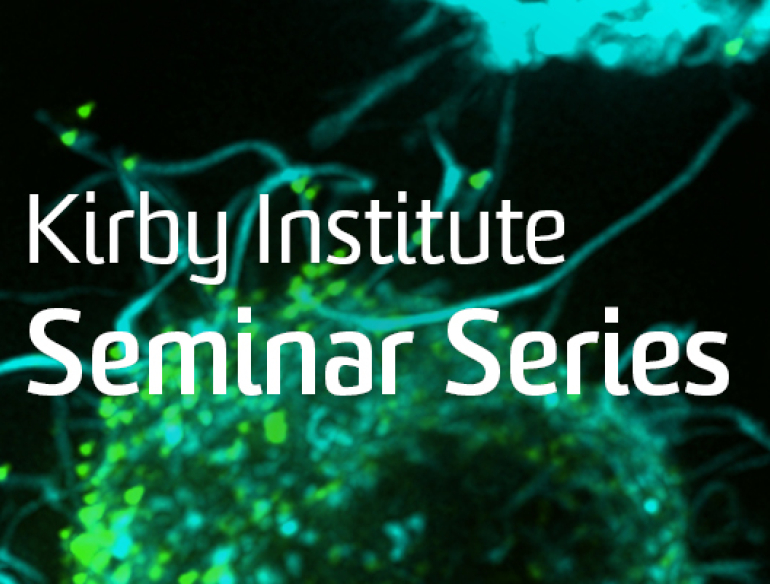Location:
Berg Family Foundation Seminar Room, Level 6, Wallace Wurth Building, Kensington Campus
Cost
Free
Contact for enquiries
Rata Joseph, +61 (2) 9385 0900 or recpt@kirby.unsw.edu.au
Kirby Institute Seminar Series presents
 |
NHMRC Career Development Fellow Level 2; Associate Professor, Viral Immunology Systems Program, Kirby Institute; Associate Professor in Immunology at the School of Medical Sciences, UNSW Australia. |
About your speaker
Dr Fabio Luciani was trained as theoretical physicist (Masters), theoretical biologist (PhD 2006 from the Humboldt University of Berlin (Germany)). His research interests include adaptive immune responses against pathogen infections, computational models for studying host-pathogen interactions, and bioinformatics analysis of high throughput next generation sequencing data.
Dr Luciani has applied mathematical modelling to understand infectious diseases, focussing on transmission dynamics of drug resistant mycobacterium tuberculosis, and the transmission of hepatitis C virus among injecting drug users.
He has made several contributions in how HCV infect a new host and the role of T cell mediated responses using next generation sequencing technologies, flow cytometry and statistical modelling.
More recently, he has moved into single cell genomics and systems immunology approaches to understand T cell dynamics.
Abstract
Immunological memory is a cardinal feature of human adaptive immunity and is critical for prophylactic vaccination and recently has been shown to play important role in determining the outcome of T cell based immunotherapies in cancer. Although cytotoxic T cells can have a significant impact on disease clearance, the essential phenotype of a clinically successful T cell and how this influences therapeutic efficacy remain largely undefined.
In this presentation, I will present our systems immunology approach to tackle these issues. I will review recent studies on longitudinal samples of primary HCV infection using flow cytometry for phenotyping virus specific T cells, along with single cell transcriptomic and TCR diversity analyses.
Future directions involve application of this systems immunology approach to other viral infections, as well to understand how long term T cell memory protection is achieved.
